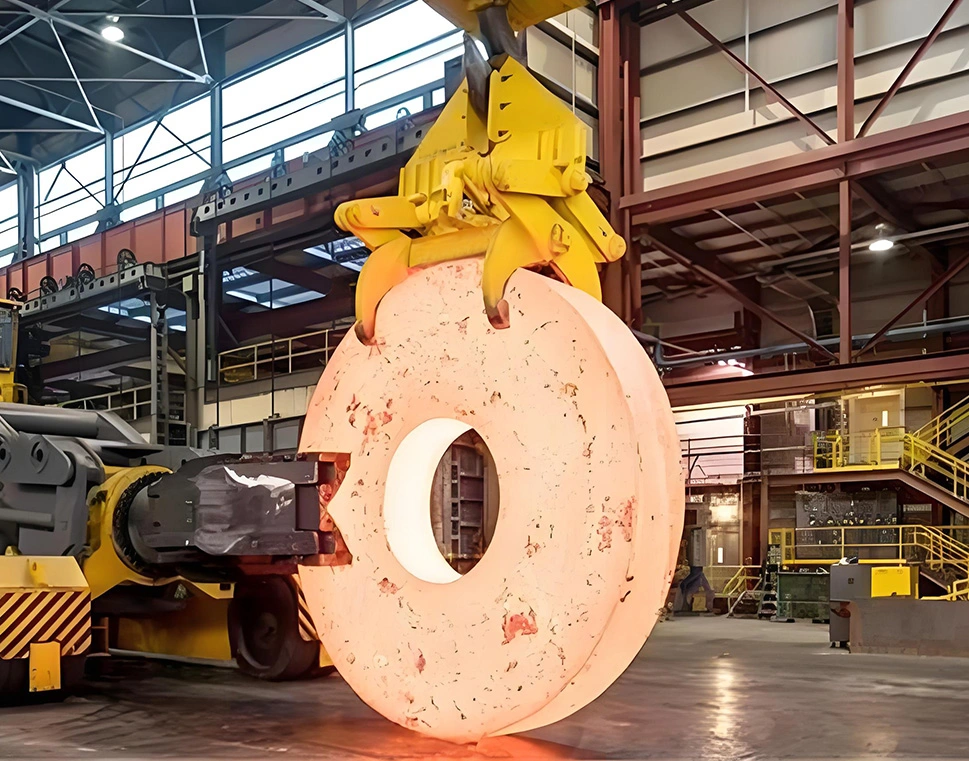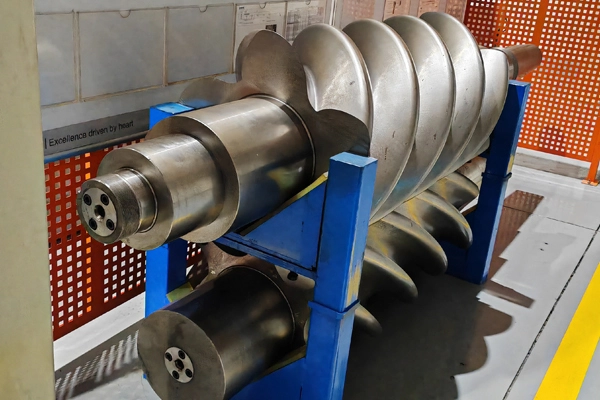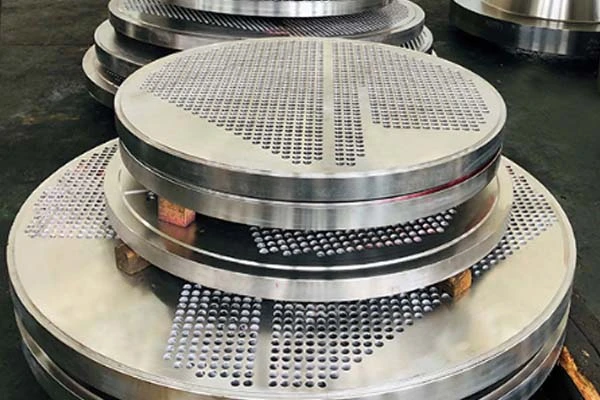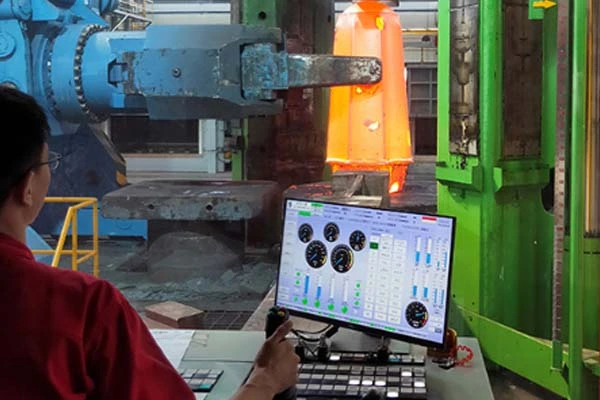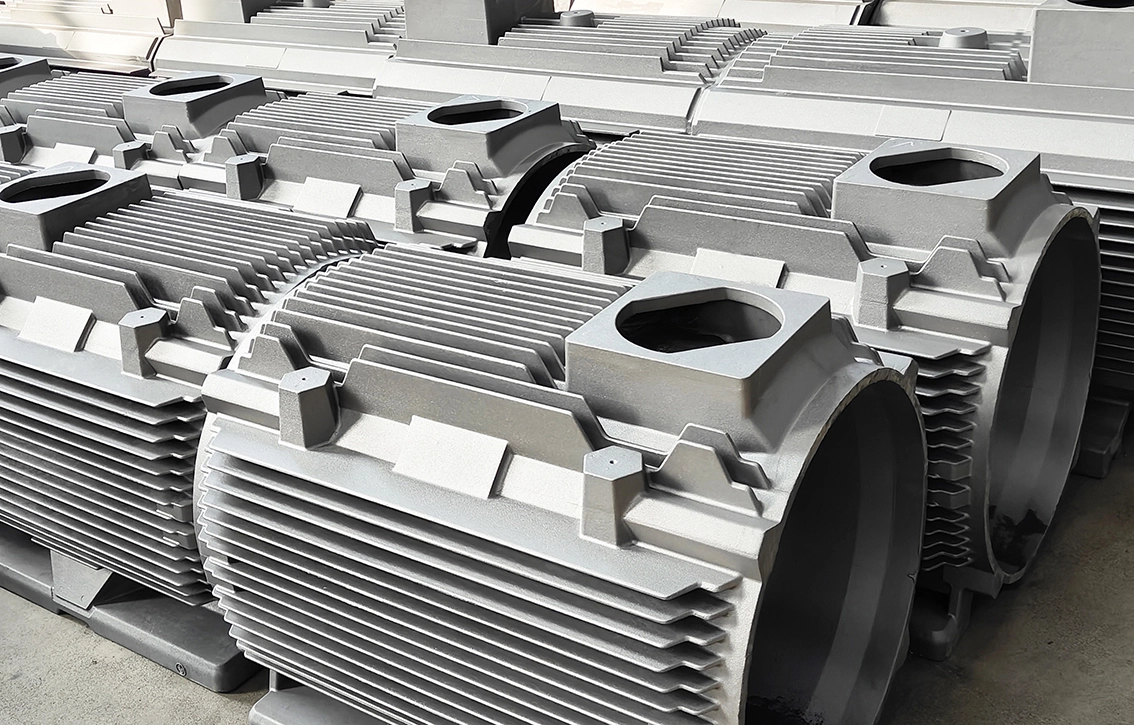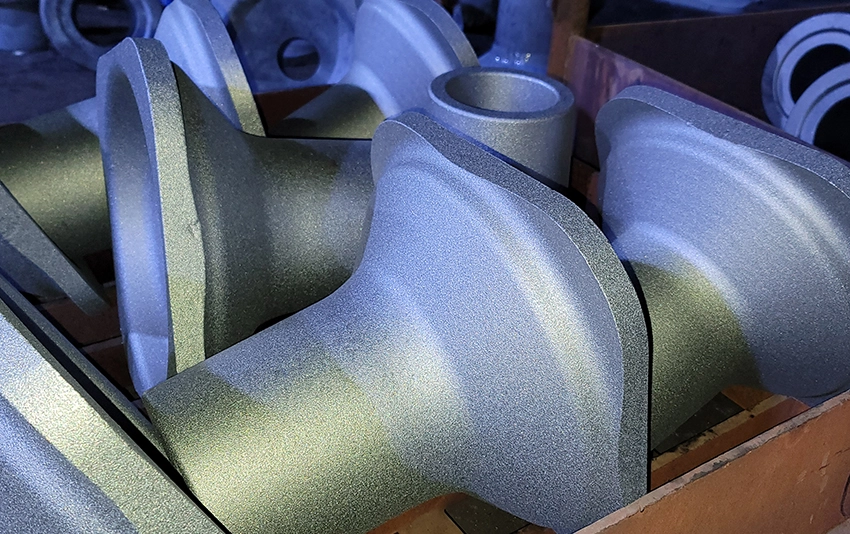Applications of Titanium Alloy Forging and Their Advantages
1. Automotive Industry
Applications:
Advantages:
Fuel Efficiency: Reduces vehicle weight for better mileage and performance.
Enhanced Durability: Withstands high stress and repetitive motion in performance vehicles.
Heat Resistance: Suitable for high-temperature environments like engine combustion chambers.
2. Medical Industry
Applications:
Advantages:
Biocompatibility: Non-toxic and inert in the human body, preventing rejection.
Corrosion Resistance: Maintains integrity in bodily fluids over time.
Strength and Lightness: Provides sturdy, lightweight implants and tools for ease of use.
3. Marine Industry
Applications:
Advantages:
Corrosion Resistance: Exceptional performance in saltwater environments.
Strength in Extreme Conditions: Handles high pressure and stress at ocean depths.
Longevity: Reduces maintenance and replacement costs for marine equipment.
4. Power Generation
Applications:
Turbine blades and rotors
Heat exchanger components
Nuclear reactor components
Advantages:
High Temperature Performance: Withstands extreme heat in power plant turbines.
Corrosion Resistance: Vital in environments with high humidity or chemical exposure.
Structural Integrity: Maintains performance over extended operational periods.
5. Sports Equipment
Applications:
Bicycle frames
Golf club heads
Tennis rackets
Advantages:
Lightweight: Enhances user performance by reducing equipment weight.
Durability: Handles stress and impact, ensuring longevity.
Customizability: Allows for precise engineering of ergonomically optimized designs.
6. Chemical Processing Industry
Applications:
Reactor vessels
Heat exchangers
Pumps and valves
Advantages:
Corrosion Resistance: Handles aggressive chemicals and harsh industrial environments.
Temperature Resistance: Suitable for operations involving extreme heat or cryogenic conditions.
Durability: Reduces the frequency of equipment failure and maintenance.
General Advantages of Titanium Alloy Forging
Strength-to-Weight Ratio: Offers superior strength while being lighter than many other metals, reducing energy consumption and improving efficiency.
Corrosion Resistance: Naturally resists oxidation, rust, and chemical degradation, especially in marine and chemical environments.
Temperature Resistance: Maintains mechanical properties in extreme temperatures, making it ideal for high-temperature and cryogenic applications.
Fatigue Resistance: High resistance to cyclic stress, extending the life of critical components.
Biocompatibility: Safe for medical and healthcare applications.
Customizability: Easily forged into complex shapes with tight tolerances.
Titanium alloy forging is indispensable in industries where performance, reliability, and longevity are paramount. Let me know if you want to focus on specific industries or compare titanium forging with other materials!
Materials we can do but not limited to:
1. Alpha (α) Alloys
Examples:
Ti-5Al-2.5Sn (5% Aluminum, 2.5% Tin)
Ti-8Al-1Mo-1V (8% Aluminum, 1% Molybdenum, 1% Vanadium)
Properties:
Excellent corrosion resistance, especially in oxidizing environments.
Good creep resistance at high temperatures (up to 500°C).
Non-heat-treatable; properties are achieved through mechanical processing.
Applications:
2. Beta (β) Alloys
Examples:
Ti-3Al-8V-6Cr-4Mo-4Zr (commonly known as Beta-C)
Ti-10V-2Fe-3Al (10% Vanadium, 2% Iron, 3% Aluminum)
Properties:
High strength and toughness.
Excellent corrosion resistance and weldability.
Heat-treatable, offering flexibility in mechanical properties.
Lower density compared to steel, contributing to weight savings.
Applications:
3. Alpha-Beta (α+β) Alloys
Examples:
Ti-6Al-4V (Grade 5): The most widely used titanium alloy, containing 6% Aluminum and 4% Vanadium.
Ti-6Al-2Sn-4Zr-2Mo (Grade 6-2-4-2): High-temperature alloy.
Properties:
Balanced strength, toughness, and corrosion resistance.
Heat-treatable for enhanced mechanical properties.
Excellent machinability and forging characteristics.
Applications:
4. Commercially Pure (CP) Titanium
Grades:
Grade 1: Highest corrosion resistance and ductility, lowest strength.
Grade 2: The most common CP titanium grade, offering a balance of strength and corrosion resistance.
Grade 3 and 4: Higher strength but slightly lower ductility and corrosion resistance.
Properties:
Excellent corrosion resistance in marine and chemical environments.
High biocompatibility, making it suitable for medical implants.
Low strength compared to alloyed titanium.
Applications:
Chemical processing equipment.
Heat exchangers and desalination plants.
Medical devices and implants.
5. Titanium Matrix Composites (TMCs)
Examples:
Properties:
Applications:
Key Characteristics of Titanium Alloys in Forging
High Strength-to-Weight Ratio: Ideal for lightweight, high-performance components.
Corrosion Resistance: Performs well in harsh environments, including marine and chemical settings.
High Temperature Resistance: Maintains strength and stability at elevated temperatures.
Biocompatibility: Suitable for medical implants and devices.
Versatility: Can be forged into complex shapes with tight tolerances.
 English
English  Deutsch
Deutsch  français
français  русский
русский  فارسی
فارسی  العربية
العربية  Español
Español  日本語
日本語  한국어
한국어  italiano
italiano  português
português  dansk
dansk  Suomi
Suomi 





